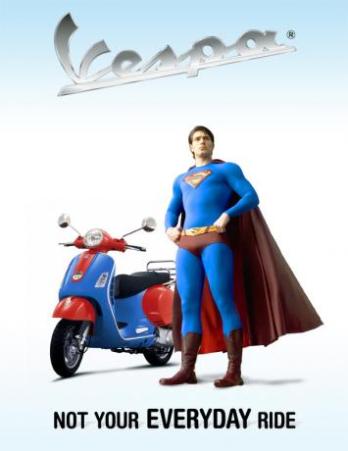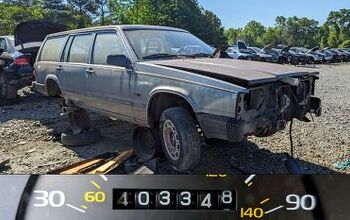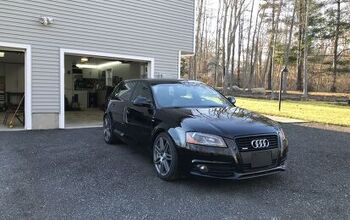Cycle Sales Up – Organ Waiting Lists Down?
The Detroit News is reporting that sales of motorcycles and scooters are way up– a sort of positive-spin story to balance out the doom and gloom of gas prices and some bad finances for other Detroit-based businesses. Yes, many motorists are so loving the low cost and high mileage of their scooters and motorcycles. You know why they get great mileage? Low weight. Why such low weight? Because they're just engines with wheels. We have safety standards for cars for a reason– including crumple zones, federal crash test performance, brakes, airbags and seat belts. Scooters and motorcycles are allowed on the roads merely because they have been grandfathered into legality. If there was no such thing as a motorcycle until now, and someone invented them, you can be sure they wouldn't be road legal. There's a reason EMTs like our own Stephan Wilkinson call motorcycles "donor cycles" and would like to see them disappear. And speaking of EMTs, what's the impact going to be on ambulances and emergency rooms as cycles become more widespread?


































Comments
Join the conversation
This is sort of like arguing that people should read more good books, listen to more inspired music or go to the gym five times a week. All of which I do, but I doubt many other people will, and who am I to tell them to? The vehicular trend is inevitably, irreversibly going in the direction of technology replacing driver skill--no, don't tell me you hate that, neither I nor the rest of the motoring world cares about your enthusiast opinion. I was just thinking this afternoon that GPS nav systems should be programmed, if a driver has chosen to follow a mapped route, to activate the turn signals whenever necessary. Eliminate, at least for route-following drivers, all those complaints about "morons who can't remember to use their turn signals." I think that tech-y enhancements such as this will be infinitely more useful than endless calls for Germanic driver tests and private-pilot-level skills required of drivers. You may not like it, but nobody cares. And yes, that's terrible, awful, unfortunate. But it's also reality.
"Share the Road" is a lame slogan that doesn't really tell people what to do. I lived in Nashville in the eighties. Everyone there drove so courteously they were unpredictable. They also didn't follow the rules of the road well. But hell, they were SHARING! We need a slogan(s) that imparts some more specific ideas, and gets people working together to get everyone on their way faster and safer. Driving in Houston used to be like that in the seventies. If you put your blinker on, a hole appeared. It was different. OTOH, we used to shoot more drivers back then for NOT playing well with others.